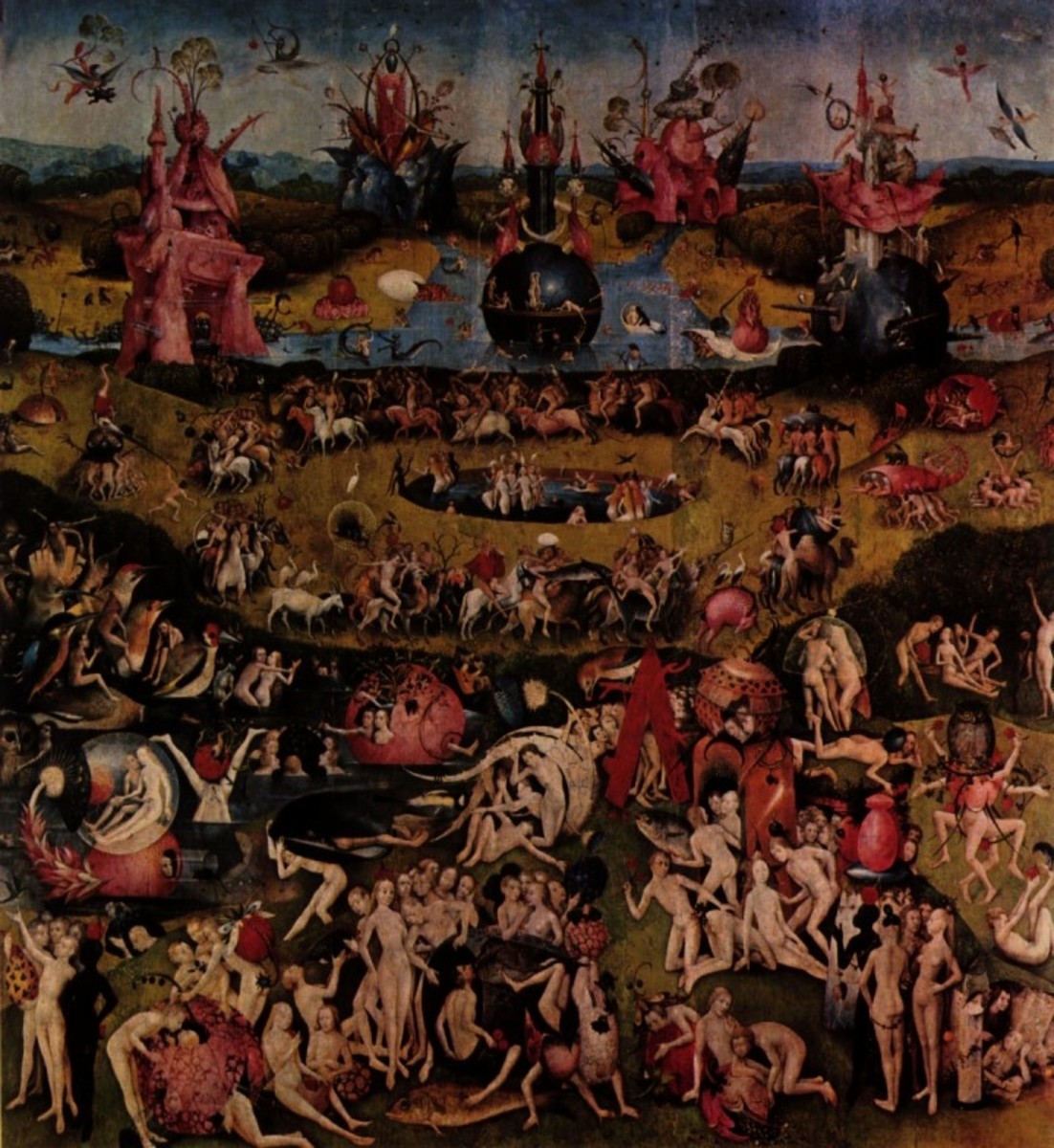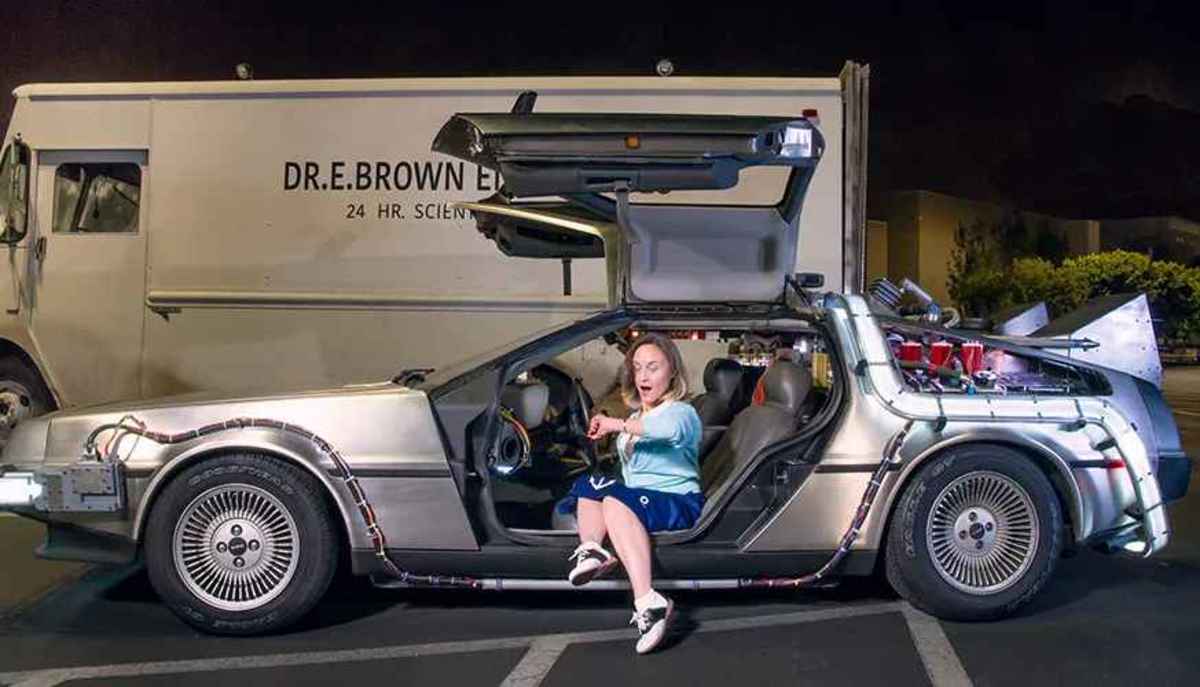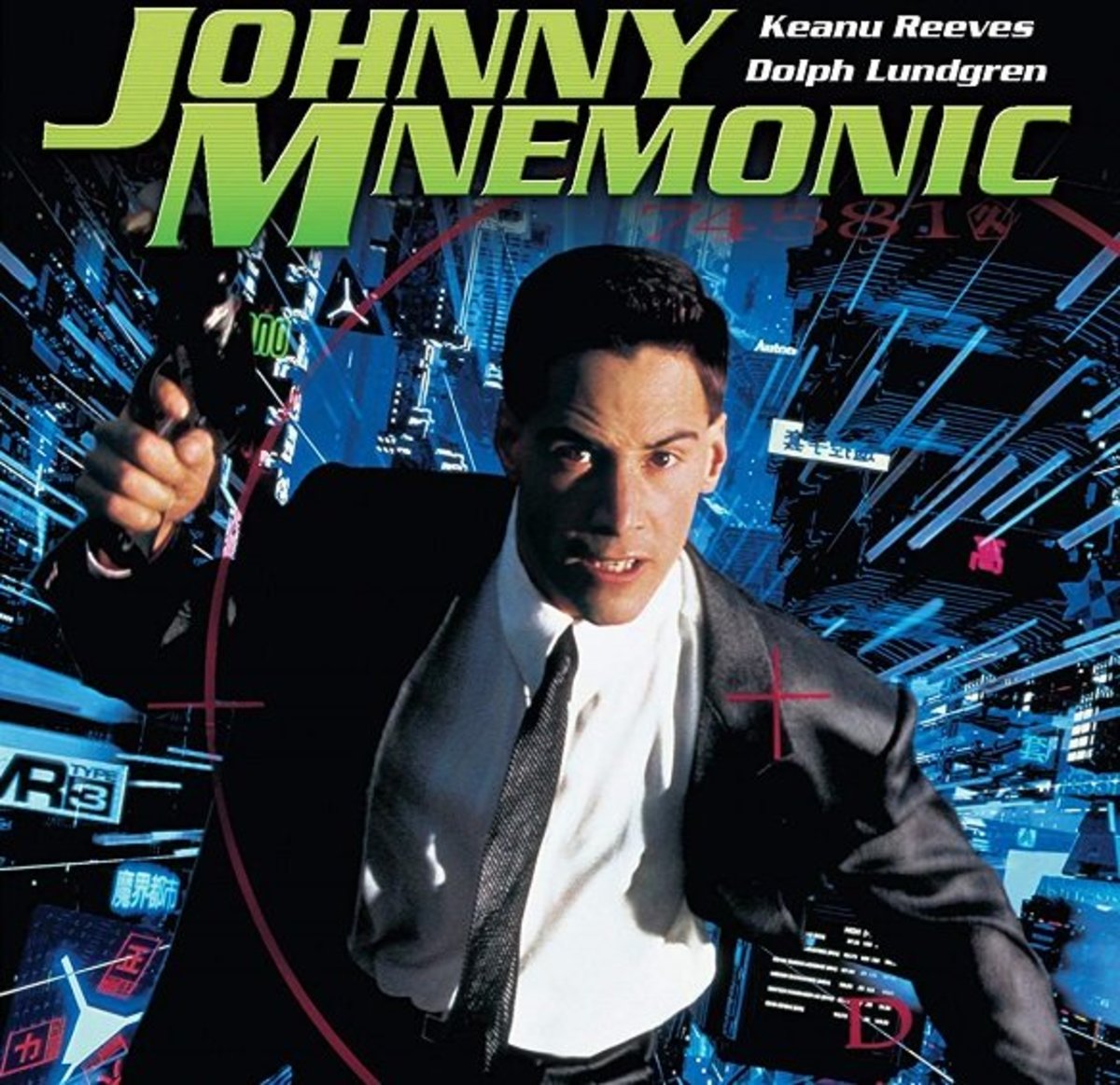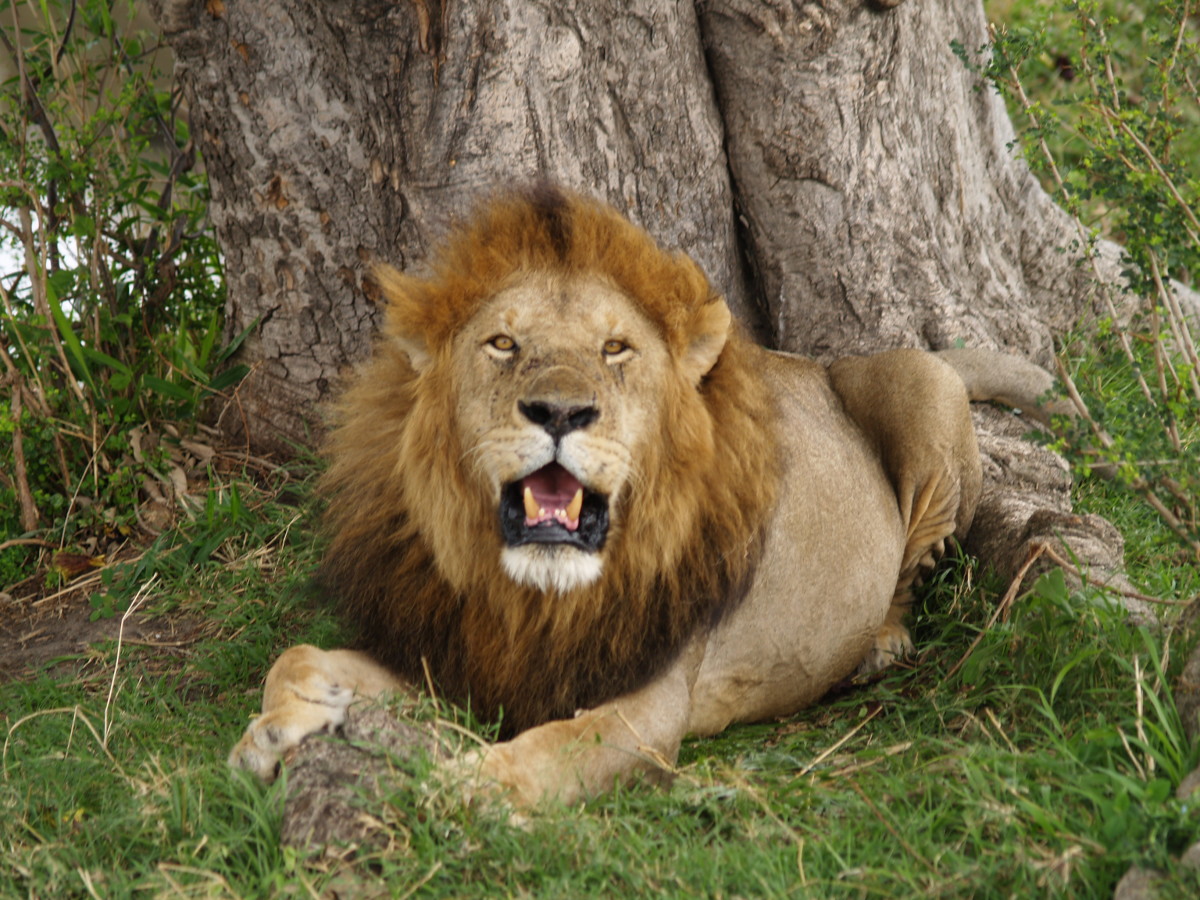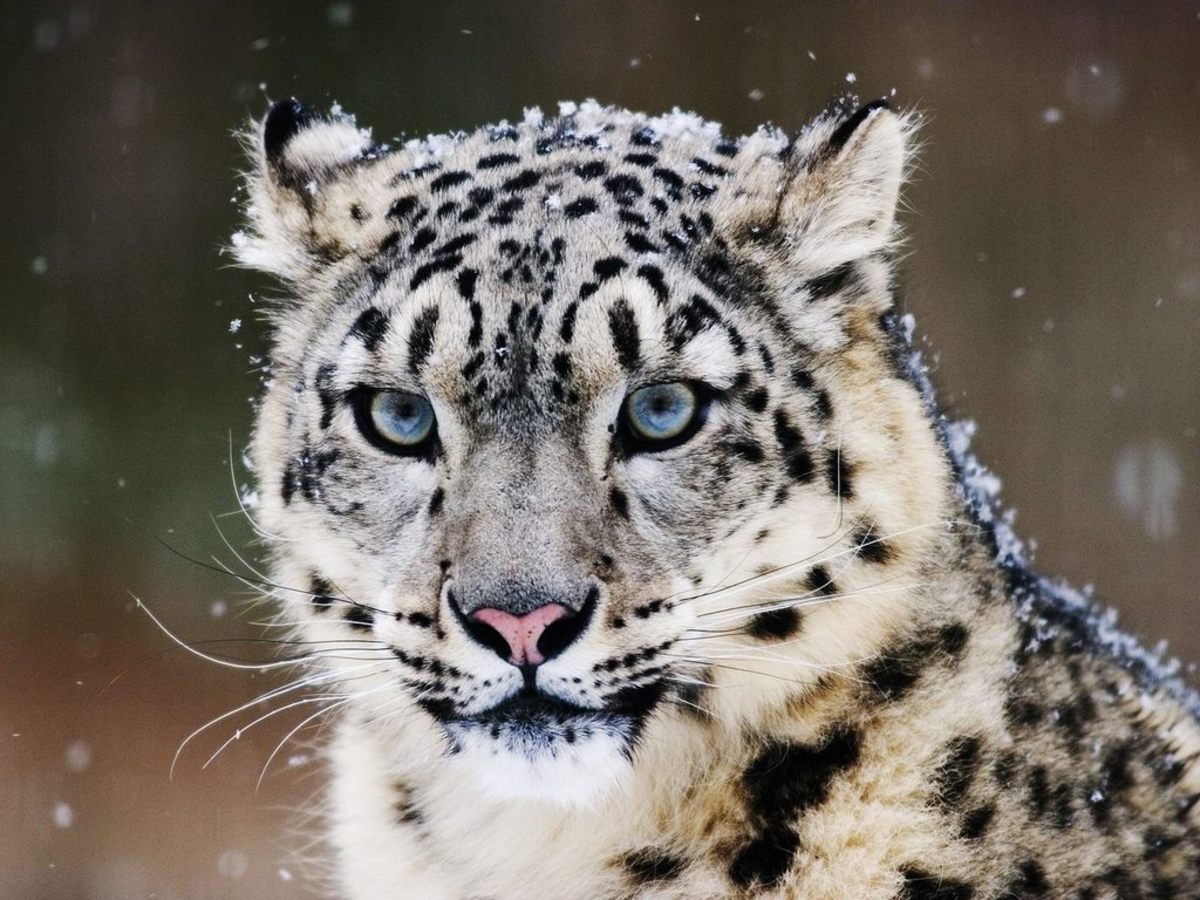Biotechnology: Will It Really Beget a Better Future?
It all started with the invention of the wheel. The simple, yet powerful invention opened arenas for further exciting inventions. Apparently, mankind's unmatched dissatisfaction with the present and the never-ending for better has been a blessing we can now boast of luxury cars and air conditioners; of cell-phone and iPods; of something as useless as our websites, or maybe as useful as nuclear weapons. Our generation has definitely seen the most exciting technological advances in the past fifty years.
Computers, for example, have changed many faces in the past few decades. From the mainframe, which would occupy one large room, we now have computers that could accommodate our laps and even palms! The ubiquitous gadget called cell-phone was virtually non-existent some twenty years ago. Artificial intelligence combined with nano-scale silicon chips has changed the outlook of the world today. However, computer science and information technology can not feed, cloth, and cure people. It is biotechnology that has the real potential to feed, cloth, and cure.
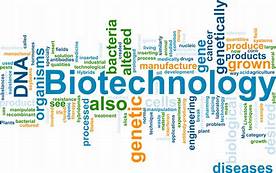
The word 'Biotechnology' should not sound new to us. Humans have been making use of this 'biological technology' for thousands of years. The cheese and bread we love to have in the breakfast are both products of biotechnology. So are pickles, yogurt, wines, beer, and a host of vaccines and antibiotics that we use every day. Farmers have been using biotechnological products successfully to save their crops and get higher yields. Pharmacists have been making use of biotechnology for producing medicines, antibiotics, and vaccines. The diverse applications of this multi-dimensional fields have far-reaching benefits for humankind
So, what really is biotechnology? And how can it help farmers and pharmacists alike? Can we actually combine 'biology' and 'technology' and get so much out of it?

very simple, biotechnology is any technological application that uses the biological system, living organisms, or their derivatives to make or modify products or processes for specific uses. A biological system could be anything from a cell in a petri dish to a happily proliferating bacterial of fungal culture or a plant or animal. Their derivatives could be anything between an expressed protein, such as an enzyme, and one or more pieces of DNA.
The production of wine, beer, yogurt, and cheese involves the services of some faithful microorganisms that humans have learned to utilize. This is called 'traditional biotechnology' where bacteria, yeasts, and fungi are used for fermentation processes. This isn't such a difficult; job man has been doing it since 6000 BC - and you can always do the biotechnology involved in yogurt-making at home.
In the past three decades, the advent of genetic engineering and molecular biology techniques has led to the evolution of 'modern biotechnology'.Knowledge of the gene and genome has opened arenas for manipulation of the genetic material to produce disease-resistant, high-yielding varieties of crops and animals, bio-fertilizers and bio-pesticides, and the antibiotics and vaccines that we can't live without. Exciting developments on the farm include seedless papayas and watermelons, and 'edible vaccines', a subset of a whole range of edible products called 'nutraceuticals'. Maybe two decades hence, we will no more need the doctor's injection for vaccination disease! Modern biotechnology holds a great promise to serve as a catalyst for progressive and beneficial change in various aspects of our lives. It has immense potential for improving our food, livestock, medicines, and general health in the future. Considering the vastness of these fields, it has been divided into various components:
1) Agriculture Biotechnology deals with exploring ways to enhance crops and livestock that make farming easier and more efficient. Success stories included: pest resistance, natural weed-killers, and development of crops that require less preparation of the soil and can grow in harsh and hostile conditions where the soil is waterlogged, saline or there is aridity in general. This has allowed farmers to benefits from greater productivity and lesser costs and economic risk and a reduced burden to the environment.
2) Medical Biotechnology has advanced the most in recent years. Besides the production of antibiotics and vaccines, newer techniques in tissue engineering have helped improving practices in surgical rooms. Artificial organs such as one's own skin can now be developed in the lab to heal burn patients who have no hope of recovery. Surgical sutures are now so designed that they dissolve automatically upon healing. Proper use of stem cells can revolutionize medical science. Other procedures like gene therapy to cure inborn genetic diseases like cystic fibrosis.
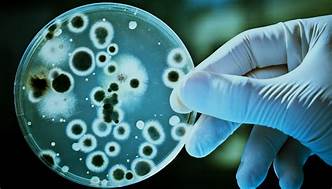
3) Food Biotechnology Promise us tastier, healthier, and easy-to-cook foods. Also, it provides us longer-lasting foods and foods with added health benefits. Success stories included rice with added vitamin A, and tomatoes with increased shelf-life.
4) Environmental Biotechnology equips us with methods to manage the tons of waste we produce each day. Sludge and effluent treatment methods provide safe handling of sewerage and the polluted water that leaves the industry and is mixed in rivers and seas flowing nearby. Bio-fuels and biodegradable fibers and materials promise lesser damage to the environment in the years to come. Bio-fuels from alternative sources like sugarcane bagasse are attracting great interest since the increasing demand for fuel is bound to lead to a shortage in the coming years.
It is difficult to tell at this stage if the pros of modern biotechnology outweigh the cons. The genetically modified organisms pose a great threat to the natural, non-manipulated species of microorganisms, plants, and animals. Gene pollution may result in unforeseen trouble that we may not have the capability to handle. Several bio-safety committees have been in action around the world to make sure that the use of biotechnology does not override the barriers of bioethics. It is for us to wait and see how far this exciting technology can go to make our lives better than what they are today.

